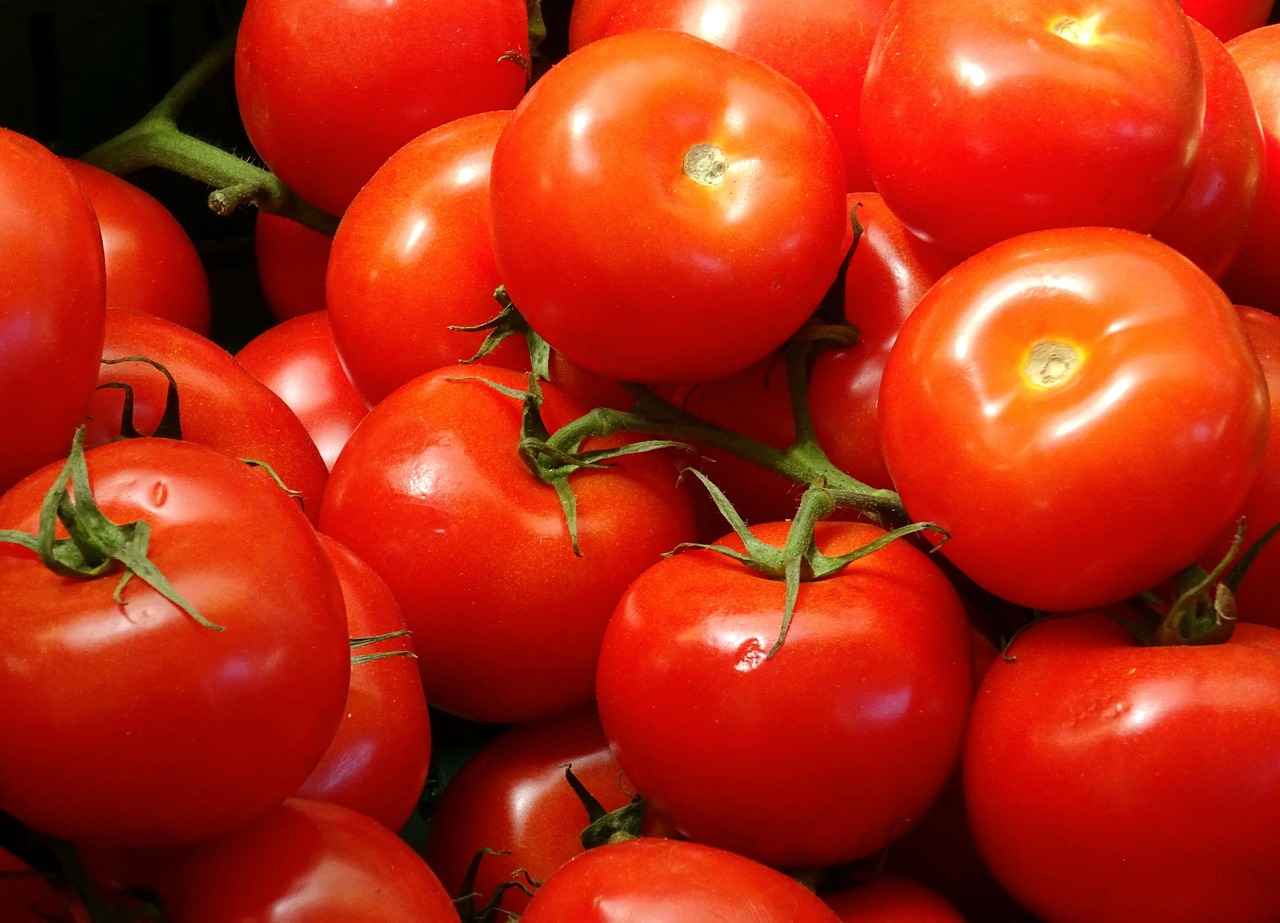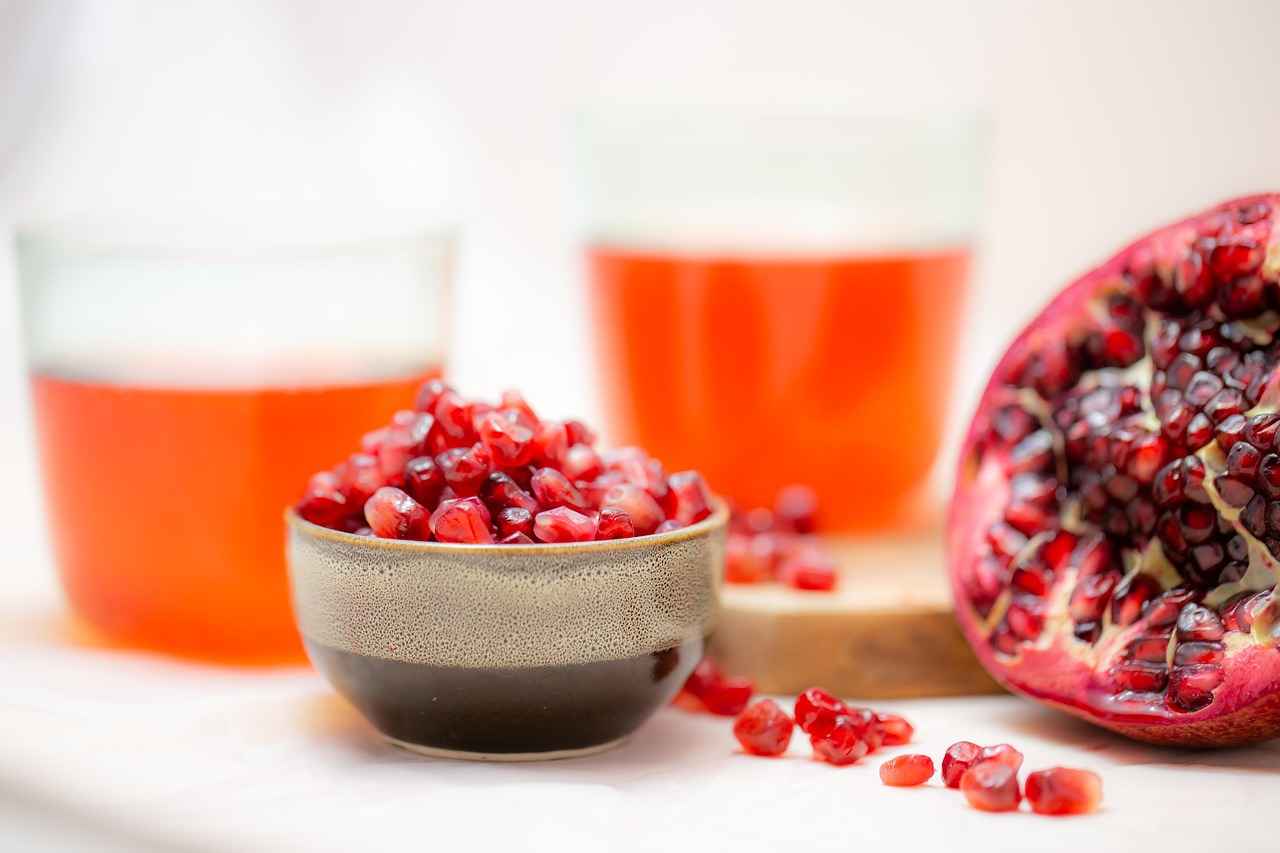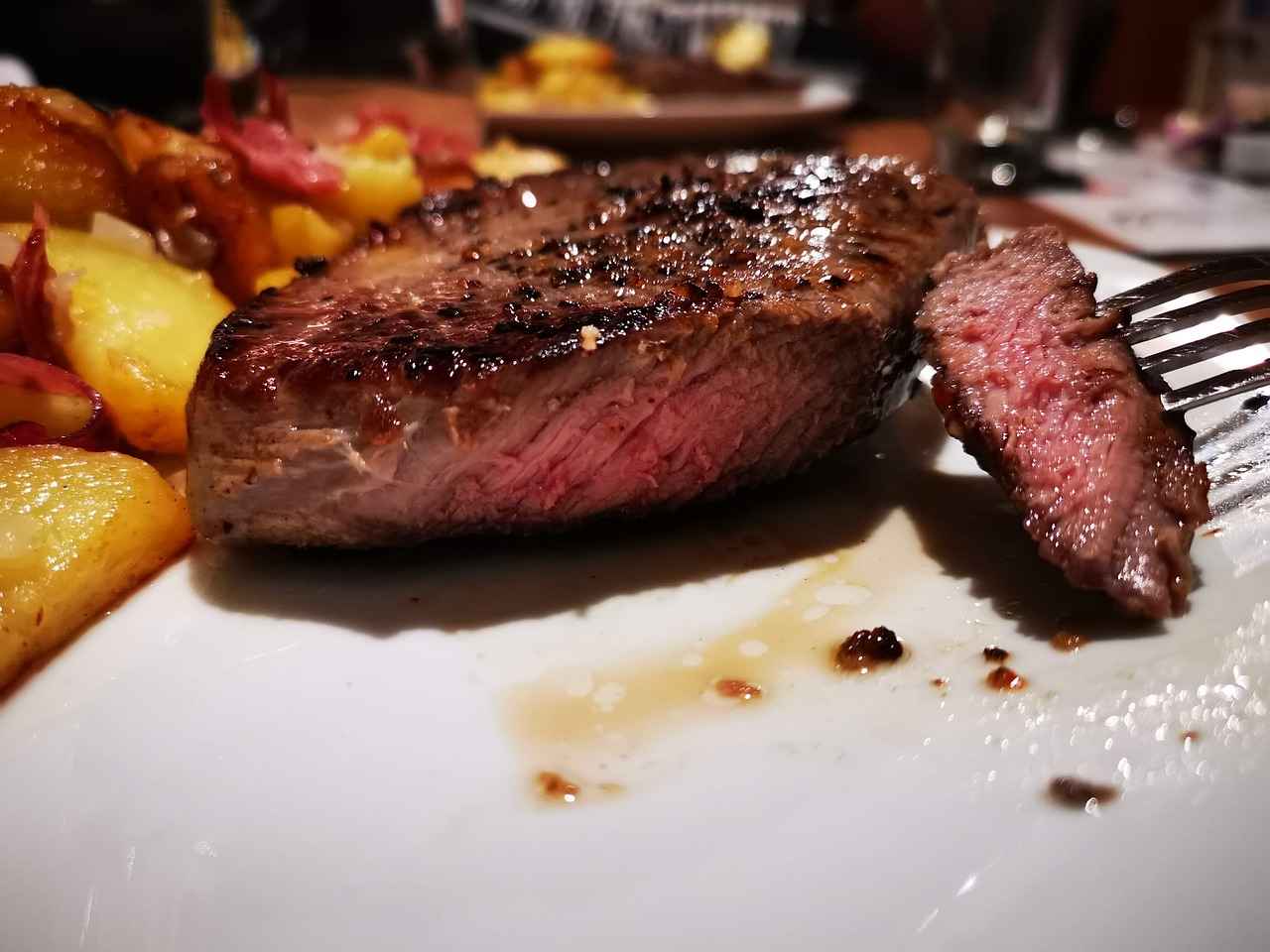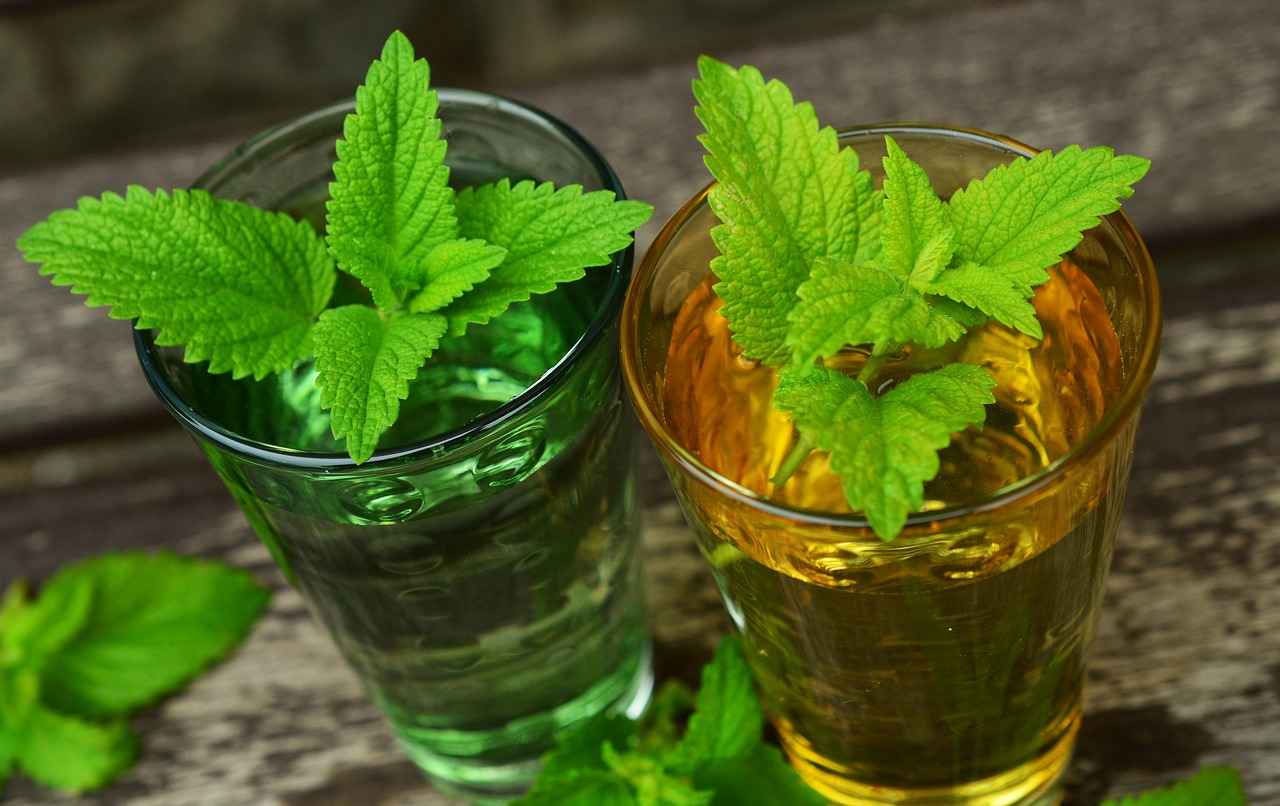This article delves into the numerous advantages of Rutin, a natural flavonoid, in promoting vein and capillary health. With its remarkable antioxidant properties and potential therapeutic effects, Rutin is gaining attention in the health and wellness community.
What is Rutin?
Rutin is a bioflavonoid that naturally occurs in various plants, including buckwheat, citrus fruits, and onions. It is celebrated for its ability to combat oxidative stress and improve vascular health. Research indicates that Rutin plays a significant role in reducing inflammation and supporting overall circulatory function.
How Rutin Supports Vein Health
- Strengthening Blood Vessels: Rutin fortifies the walls of blood vessels, enhancing their elasticity and resilience.
- Improving Circulation: It aids in better blood flow, which is crucial for individuals suffering from conditions like varicose veins.
Mechanism of Action
Rutin operates by inhibiting enzymes that degrade collagen and elastin, essential components for maintaining the structural integrity of blood vessels. This mechanism is vital for preventing various vein-related issues and ensuring optimal circulation.
Anti-Inflammatory Properties
The anti-inflammatory effects of Rutin can significantly reduce swelling and discomfort in individuals with vein problems. By mitigating inflammation, Rutin promotes healthier veins and enhances overall vascular function.
Antioxidant Benefits
As a potent antioxidant, Rutin neutralizes free radicals that can damage blood vessels. This protective effect is crucial for maintaining healthy veins and preventing conditions associated with oxidative stress.
Sources of Rutin
Incorporating Rutin-rich foods into your diet can boost your intake. Foods such as apples, berries, and green tea are excellent sources of this beneficial flavonoid.
Rutin Supplements: Do They Work?
Many individuals opt for Rutin supplements to enhance their health benefits. Understanding their effectiveness and recommended dosages is essential for maximizing their potential impact on vein health.
Choosing the Right Supplement
When selecting Rutin supplements, consider factors such as purity, dosage, and additional ingredients. High-quality supplements can provide substantial benefits for vein and capillary health.
Potential Side Effects
While Rutin is generally safe, some individuals may experience mild side effects, such as digestive discomfort. It is advisable to consult with a healthcare professional before starting any new supplement regimen.
Conclusion: The Importance of Rutin for Vascular Health
Incorporating Rutin into your diet or supplement routine can significantly enhance vein and capillary health. Its antioxidant and anti-inflammatory properties make it a valuable ally in maintaining vascular integrity and function.

What is Rutin?
Rutin is a naturally occurring bioflavonoid found in a variety of plants, particularly in fruits and vegetables. This compound has garnered significant attention due to its impressive antioxidant properties and its potential benefits for vascular health. Its presence in foods such as buckwheat, citrus fruits, and onions makes it an accessible addition to a healthy diet.
Research has indicated that Rutin plays a crucial role in enhancing vascular health by improving blood circulation and reducing inflammation. This is particularly beneficial for individuals suffering from conditions like varicose veins and chronic venous insufficiency. By strengthening the walls of blood vessels, Rutin contributes to overall vascular integrity.
Moreover, Rutin’s mechanism of action involves the inhibition of enzymes that degrade collagen and elastin, both of which are essential for maintaining the structure and function of blood vessels. This protective effect can help prevent various vein-related issues, ultimately promoting better circulation.
In addition to its structural benefits, Rutin exhibits significant anti-inflammatory properties. This can alleviate swelling and discomfort associated with vein problems, further supporting healthier veins and enhancing overall vascular function. The antioxidant capabilities of Rutin also play a vital role in neutralizing free radicals, which can lead to oxidative stress and damage to blood vessels.
Incorporating Rutin-rich foods into your daily diet or considering Rutin supplements may provide additional support for vein and capillary health. However, it’s advisable to consult with a healthcare professional before starting any supplementation to ensure safety and efficacy.
In conclusion, Rutin emerges as a powerful ally in promoting vascular health. Its multifaceted benefits, including antioxidant and anti-inflammatory effects, make it an important component of a health-conscious lifestyle.

How Rutin Supports Vein Health
Rutin, a natural flavonoid, plays a pivotal role in maintaining and enhancing vascular health. This compound is particularly beneficial for individuals suffering from varicose veins and chronic venous insufficiency. By strengthening the walls of blood vessels, Rutin not only improves circulation but also promotes overall vein elasticity, which is crucial for maintaining healthy blood flow.
One of the primary mechanisms through which Rutin operates is by reinforcing the structural integrity of blood vessels. It achieves this by inhibiting the enzymes responsible for breaking down essential proteins like collagen and elastin. These proteins are vital for the strength and flexibility of blood vessels, ensuring they can withstand the pressures of circulating blood. As a result, Rutin helps in preventing issues related to weakened veins, which can lead to more severe health complications.
Furthermore, Rutin’s anti-inflammatory properties contribute to its effectiveness in promoting vein health. Inflammation is a common issue associated with venous problems, leading to symptoms such as swelling and discomfort. By reducing inflammation, Rutin not only alleviates these symptoms but also supports the overall function of the vascular system.
Additionally, Rutin acts as a potent antioxidant, neutralizing harmful free radicals that can cause damage to blood vessels. This protective effect is essential for maintaining healthy veins and preventing conditions related to oxidative stress, which can exacerbate vascular issues.
Incorporating Rutin into your diet can be achieved through various sources, including foods such as buckwheat, citrus fruits, apples, and onions. By including these foods, individuals can naturally enhance their Rutin intake, supporting their vascular health.
In conclusion, Rutin is a valuable ally in promoting vein health through its ability to strengthen blood vessel walls, enhance circulation, and reduce inflammation. Its antioxidant properties further bolster its role in maintaining overall vascular integrity, making it an essential component of a heart-healthy diet.
Mechanism of Action
Rutin, a powerful bioflavonoid, plays a crucial role in maintaining vascular health through its multifaceted mechanisms. One of the primary ways Rutin operates is by inhibiting specific enzymes that are responsible for breaking down collagen and elastin. These proteins are essential for the structural integrity of blood vessels, ensuring they remain strong and flexible.
By preventing the degradation of collagen and elastin, Rutin helps to preserve the elasticity of veins and capillaries, which is vital for proper blood circulation. This is particularly beneficial for individuals suffering from varicose veins or conditions like chronic venous insufficiency, where blood flow is compromised. Enhanced elasticity allows blood vessels to accommodate changes in blood flow more effectively, thereby reducing the risk of vein-related issues.
Moreover, Rutin’s ability to strengthen blood vessel walls contributes to improved circulation. With stronger and more resilient blood vessels, the body can distribute oxygen and nutrients more efficiently, which is essential for overall health. This enhanced circulation not only aids in preventing vascular diseases but also supports the body’s healing processes.
In addition to its protective effects on collagen and elastin, Rutin exhibits anti-inflammatory properties. By reducing inflammation in the vascular system, it helps alleviate discomfort and swelling associated with various vein problems. This dual action of promoting structural integrity while combating inflammation makes Rutin a valuable component in maintaining vein and capillary health.
In conclusion, the mechanism of action of Rutin is a testament to its importance in vascular health. By inhibiting the breakdown of essential structural proteins and enhancing circulation, Rutin serves as a natural ally in promoting the well-being of our veins and capillaries.
Anti-Inflammatory Properties
Rutin, a natural flavonoid found in various plants, is renowned for its . These properties play a crucial role in addressing vein-related issues, particularly swelling and discomfort associated with conditions such as varicose veins and chronic venous insufficiency.
When inflammation occurs in the veins, it can lead to significant discomfort and hinder proper blood circulation. Rutin helps to mitigate this inflammation by inhibiting the production of pro-inflammatory cytokines, which are substances that can exacerbate swelling and pain. By reducing inflammation, Rutin not only alleviates discomfort but also contributes to the overall health of the vascular system.
Moreover, Rutin’s ability to strengthen blood vessel walls is vital for maintaining their integrity. It enhances the elasticity of veins, allowing them to adapt to varying blood flow and pressure. This is particularly beneficial for individuals with weakened veins, as it promotes better circulation and reduces the risk of further complications.
In addition to its direct effects on inflammation, Rutin also exhibits antioxidant properties, which help protect the blood vessels from oxidative stress. By neutralizing free radicals, Rutin minimizes cellular damage, thereby supporting the overall health of the vascular system.
Incorporating Rutin-rich foods such as buckwheat, citrus fruits, and onions into your diet can significantly enhance your vein health. For those seeking additional support, Rutin supplements are available, but it’s essential to consult with a healthcare professional to determine the appropriate dosage and ensure safety.
In conclusion, Rutin’s anti-inflammatory effects are instrumental in reducing swelling and discomfort associated with vein problems. By minimizing inflammation, it supports healthier veins and improves overall vascular function, making it an essential component of a healthy lifestyle.
Antioxidant Benefits
Rutin, a powerful bioflavonoid, plays a crucial role in promoting vascular health through its remarkable antioxidant properties. As an effective antioxidant, Rutin actively neutralizes free radicals, which are unstable molecules that can cause significant damage to blood vessels and other cellular structures. This damage is often linked to various health issues, including cardiovascular diseases and chronic inflammation.
The protective effects of Rutin are essential for maintaining healthy veins and preventing conditions associated with oxidative stress. By combating oxidative damage, Rutin helps to preserve the structural integrity of blood vessels and enhances overall vascular function.
Moreover, Rutin’s antioxidant capabilities extend beyond simple protection; they also contribute to the strengthening of blood vessel walls. This is particularly beneficial for individuals suffering from conditions such as varicose veins or chronic venous insufficiency, where weakened vessel walls can lead to further complications.
Incorporating Rutin-rich foods into your diet, such as buckwheat, citrus fruits, and onions, can significantly enhance your antioxidant intake. For those looking for additional support, Rutin supplements are available, but it is advised to consult with a healthcare professional to determine the appropriate dosage and ensure safety.
In summary, the antioxidant benefits of Rutin are vital for maintaining vascular health. By neutralizing free radicals and supporting the structural integrity of blood vessels, Rutin serves as a valuable ally in the fight against oxidative stress-related conditions.
Sources of Rutin
Rutin is a powerful bioflavonoid that plays a significant role in promoting vascular health. One of the best ways to increase your intake of Rutin is through your diet. Here are some of the most nutritious sources of Rutin that you can easily incorporate into your meals:
- Buckwheat: This whole grain is not only gluten-free but also rich in Rutin. It can be used in salads, pancakes, or as a side dish.
- Citrus Fruits: Oranges, lemons, and grapefruits are excellent sources of Rutin. Enjoy them fresh or in juices to reap their health benefits.
- Apples: A common fruit that contains Rutin, apples are versatile and can be eaten raw, baked, or added to various dishes.
- Onions: Particularly red onions, are packed with Rutin. They can enhance the flavor of your meals while providing health benefits.
- Tea: Certain types of tea, especially black and green tea, contain Rutin and can be a soothing way to increase your intake.
Incorporating these foods into your daily diet can significantly enhance your Rutin levels, which in turn can support vascular health and overall well-being. Aim to include a variety of these sources to ensure a balanced intake of this beneficial flavonoid.
For those who may find it challenging to get enough Rutin from food alone, supplements are also available. However, it is always best to consult with a healthcare provider before starting any new supplement regimen.
In conclusion, by adding Rutin-rich foods to your diet, you can take proactive steps towards maintaining healthy veins and capillaries. This simple dietary change can lead to significant improvements in your vascular health over time.

Rutin Supplements: Do They Work?
Rutin, a natural flavonoid, has gained popularity as a dietary supplement due to its potential health benefits, particularly in supporting vein and capillary health. Many individuals seek Rutin supplements to enhance their overall well-being and address specific vascular concerns. This article delves into the effectiveness of Rutin supplements, their recommended dosages, and how to choose the right product for your needs.
Understanding the Effectiveness of Rutin Supplements
Research suggests that Rutin may offer various health benefits, especially in improving circulation and reducing inflammation. Its ability to strengthen blood vessel walls can be particularly beneficial for those suffering from conditions like varicose veins or chronic venous insufficiency. However, the effectiveness of Rutin supplements can vary based on factors such as dosage, formulation, and individual health conditions.
Recommended Dosages for Optimal Benefits
- The typical dosage of Rutin ranges from 500 mg to 1000 mg per day.
- It is advisable to start with a lower dose and gradually increase it, monitoring for any adverse effects.
- Consulting with a healthcare professional before beginning any supplement regimen is crucial to determine the appropriate dosage for your specific health needs.
Choosing the Right Rutin Supplement
When selecting a Rutin supplement, consider the following:
- Purity: Look for products that contain pure Rutin without unnecessary fillers or additives.
- Formulation: Some supplements may combine Rutin with other beneficial ingredients, enhancing its effectiveness.
- Brand Reputation: Choose reputable brands that provide third-party testing to ensure quality and safety.
Potential Side Effects and Precautions
While Rutin is generally considered safe, some individuals may experience mild side effects, such as digestive discomfort or allergic reactions. It is essential to consult with a healthcare provider before starting Rutin supplements, especially if you are pregnant, nursing, or taking other medications.
Conclusion: Maximizing the Benefits of Rutin Supplements
In summary, Rutin supplements can be a valuable addition to your health regimen, particularly for improving vein and capillary health. Understanding their effectiveness, recommended dosages, and how to choose the right product can help you maximize their potential benefits. Always prioritize safety by consulting with a healthcare professional before starting any new supplement.
Choosing the Right Supplement
is essential for those looking to enhance their vein and capillary health through Rutin. With a plethora of products available in the market, making an informed choice can significantly impact the effectiveness of the supplement you choose.
When selecting Rutin supplements, consider the following key factors:
- Purity: Look for supplements that are free from contaminants and fillers. High purity levels ensure that you receive the maximum benefits of Rutin without unwanted additives.
- Dosage: It’s crucial to check the dosage of Rutin per serving. The recommended dosage can vary, but a typical range is between 500 mg to 1000 mg per day. Consult with a healthcare professional to determine the right dosage for your specific needs.
- Additional Ingredients: Some supplements may contain other beneficial ingredients such as Vitamin C or bioflavonoids that can enhance the effects of Rutin. Always check the label for these added components, as they can provide synergistic benefits.
- Brand Reputation: Choose products from reputable brands known for their quality and transparency. Look for third-party testing results to verify the product’s claims.
- Customer Reviews: Reading reviews from other users can provide insights into the effectiveness of the supplement and any potential side effects they may have experienced.
High-quality Rutin supplements can play a vital role in supporting vein and capillary health. By ensuring that you select a product that meets these criteria, you can maximize your chances of experiencing the benefits associated with Rutin.
In conclusion, taking the time to research and choose the right Rutin supplement is a proactive step towards enhancing your vascular health. Always consult with a healthcare professional before starting any new supplement regimen to ensure it aligns with your health goals.
Potential Side Effects
When considering the incorporation of Rutin into your health regimen, it is essential to be aware of its potential side effects. Although Rutin is generally regarded as safe for most individuals, some may experience mild adverse reactions. These can include:
- Digestive Discomfort: Some users report feelings of bloating, gas, or upset stomach after consuming Rutin supplements.
- Headaches: In rare cases, individuals may experience headaches, which could be a result of the body adjusting to the supplement.
- Allergic Reactions: Although uncommon, certain individuals may have an allergy to Rutin or related compounds, leading to skin rashes or itching.
It is crucial to consult with a healthcare professional prior to starting any new supplement regimen, especially if you have pre-existing health conditions or are taking other medications. A healthcare provider can help assess your individual health needs and determine if Rutin is a suitable addition to your lifestyle.
Furthermore, it is advisable to start with a lower dosage to gauge your body’s response before gradually increasing it to the recommended levels. This approach can help minimize the risk of side effects while allowing you to benefit from Rutin’s properties.
In summary, while Rutin offers numerous health benefits, being informed about its potential side effects ensures a safer and more effective use of the supplement. Always prioritize your health by seeking professional advice.

Conclusion: The Importance of Rutin for Vascular Health
Incorporating Rutin into your diet or supplement routine can significantly enhance your vein and capillary health. This natural flavonoid is not just an ordinary nutrient; it serves as a powerful ally in maintaining vascular integrity and function. Its remarkable antioxidant and anti-inflammatory properties contribute to its effectiveness in promoting overall vascular health.
Why Choose Rutin?
- Supports Blood Vessel Strength: Rutin plays a crucial role in strengthening the walls of blood vessels, making them less prone to damage and enhancing their elasticity.
- Enhances Circulation: Improved circulation is vital for preventing conditions like varicose veins and chronic venous insufficiency, which can lead to discomfort and health complications.
- Reduces Inflammation: The anti-inflammatory properties of Rutin help alleviate swelling and discomfort associated with various vein issues, promoting a healthier vascular system.
- Neutralizes Free Radicals: As a potent antioxidant, Rutin combats oxidative stress by neutralizing free radicals, which can otherwise lead to vascular damage.
How to Incorporate Rutin into Your Routine
Rutin can be easily included in your diet through various sources such as buckwheat, citrus fruits, apples, and onions. Additionally, Rutin supplements are available for those seeking higher dosages. However, it is essential to consult with a healthcare professional to determine the appropriate dosage and ensure it aligns with your health needs.
Final Thoughts
In summary, Rutin is a valuable addition to your health regimen, particularly for those concerned about vascular health. By leveraging its benefits, you can take proactive steps towards maintaining healthy veins and capillaries. Remember, a balanced diet combined with the right supplements can lead to significant improvements in your overall vascular function.
















